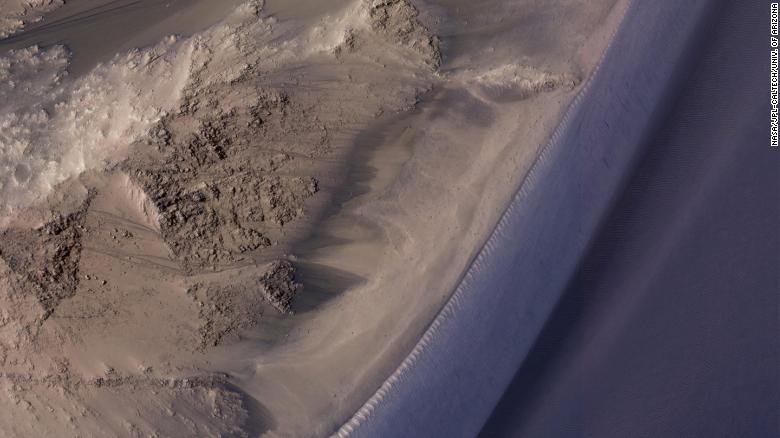MI weekly selection #409
MI weekly selection #409

What we can learn about black holes from water in a tank
Researchers can observe many properties of black holes through water simulations, since gravitational interactions behave like fluid. University of Nottingham scientists describe in Physical Review Letters how they witnessed backreaction for the first time by creating a vortex of water and propelling waves toward it.
Mud carapace found around Egyptian mummy
Hardened mud has been found encasing a mummy, suggesting ancient Egyptians had a burial ritual scientists hadn’t uncovered before. Previous carapaces found on mummies have been made of resins or combinations, but the 3,200-year-old specimen is the first to feature a coating of only mud.
Promising molten-salt batteries
Researchers are working to develop molten-salt batteries, with use in electric vehicles a strong possibility. “Energy densities of our battery is comparable with that of lithium-ion batteries, but ours offers a higher power density and longer discharge-charging cycle life, and also better safety in terms [of] flammable materials,” said researcher George Chen.
Melting subsurface salty ice may spark Mars landslides
A certain kind of landslide on Mars called recurring slope lineae may be caused by underground melting ice and salt. “If our hypothesis is correct, then RSL could be indicators for salts on Mars and for near-surface active chemistry,” said study author Janice Bishop.
Transparent wood
Researchers have developed a process to make transparent wood, which can become a strong, environment-friendly alternative to glass windows. The process alters the lignin in the wood, strengthening it and making it transparent.